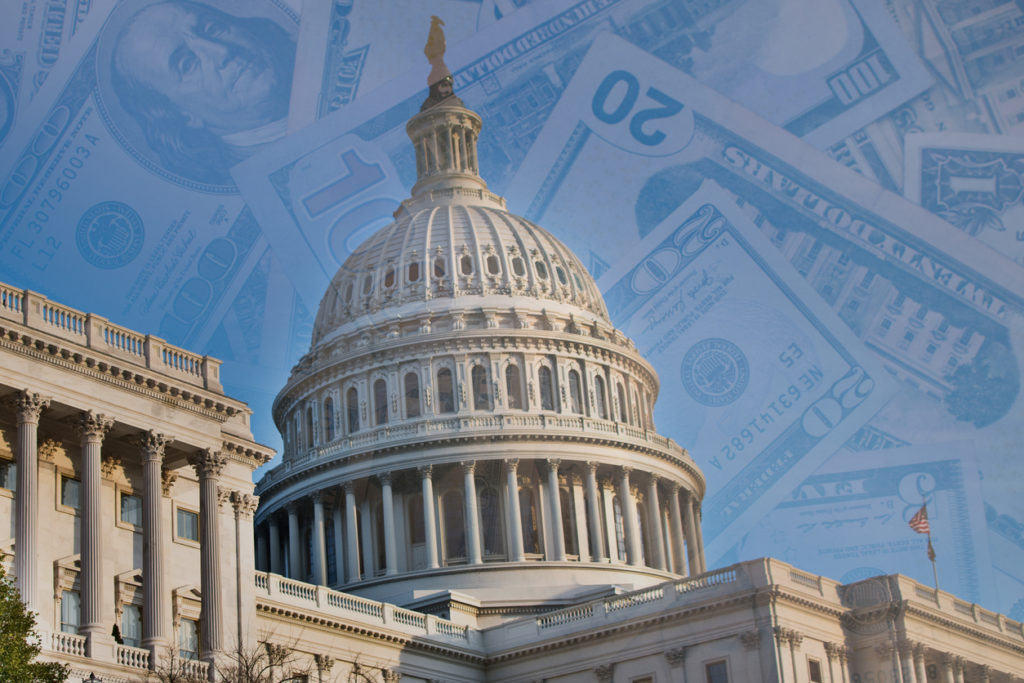
McKinsey & Company is bullish on the potential benefits of the Biden administration’s Bipartisan Infrastructure Law, but an article from the uber-consultant warns of potential challenges of capacity and coordination. The $550 billion in federal spending may strain public- and private-sector ability to deliver.
The BIL includes roughly 240 separate funding streams that will flow to state and local governments either directly, in the form of grants and program funds; or indirectly, through local constituents such as private utilities, businesses, and individuals. Complicating governments’ efforts to manage this web of funds is the reality that each program comes with unique timelines and federal oversight provisions. And in many cases, programs may require state and local governments to develop new capabilities.
The article proposes four goals for the distribution of funds: “putting pre-allocated funds toward uses with the highest ROI”; adopting “targeted program support and technical assistance”; “robust tracking of grant and initiative performance”; and “distributing funds equitably to the areas of greatest need while minimizing fraud losses.”